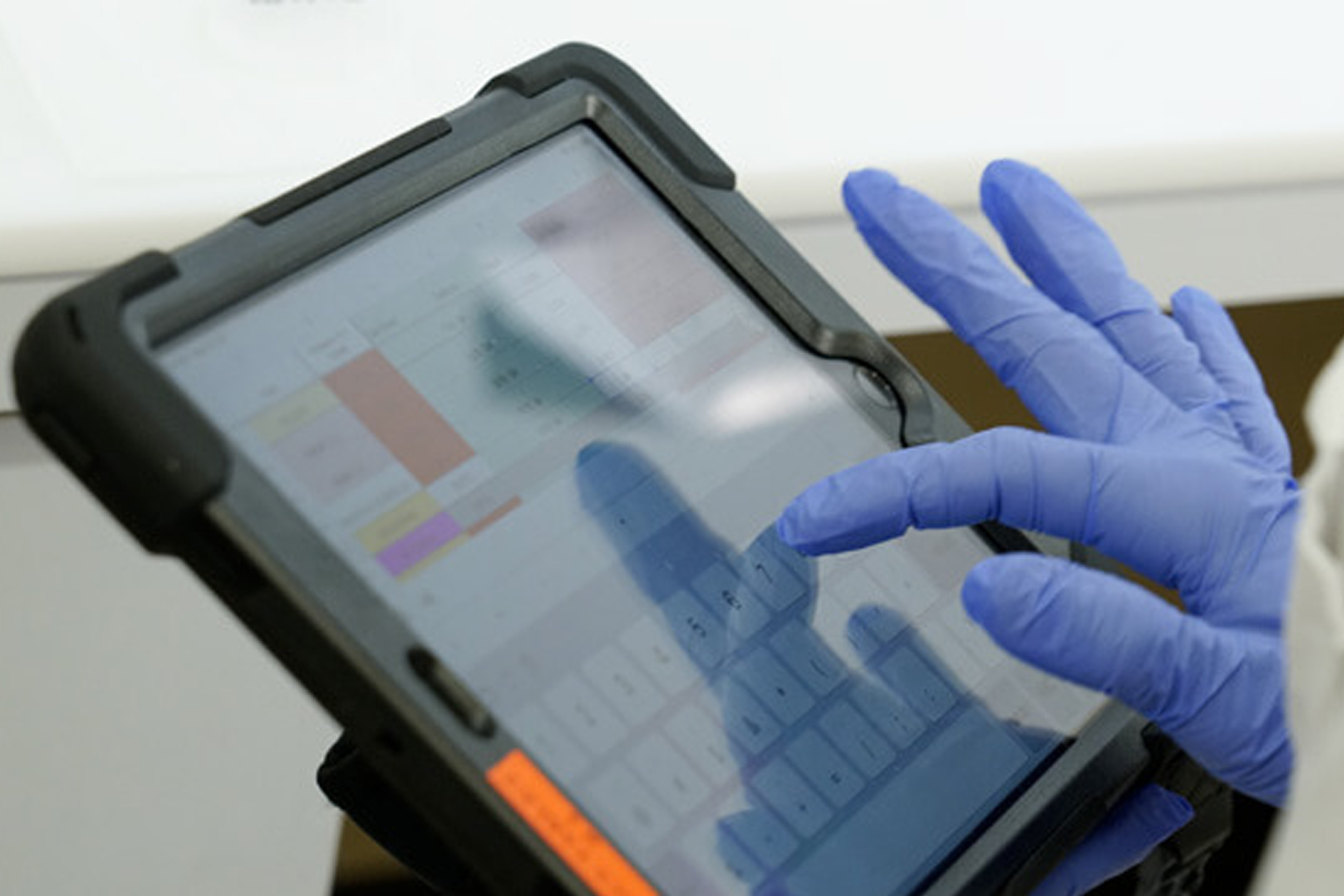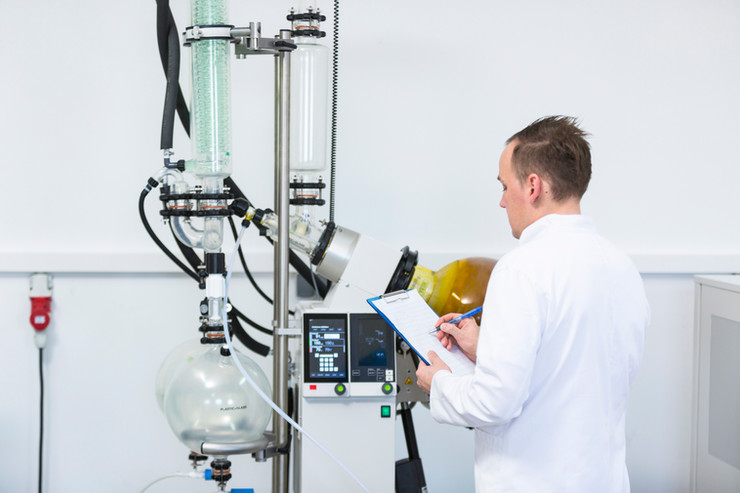
Federal cannabis testing initiatives complete national ∆8-THC surveillance and quality infrastructure
The recent health advisories issued by the FDA and the CDC revealed the existence of a well-developed federal infrastructure to monitor and report adverse events related to ∆8-THC on the market today. The following details appeared in the CDC Health Alert Network (HAN) Advisory issued September 14, the same day as the FDA’s Consumer Update […]

∆8-THC testing essential for consumer safety, terrible for ∆8-THC manufacturers
A recent article in Chemical & Engineering News provided a rare view of what the community of professional chemists and chemical engineers think of cannabis chemistry. C&EN is a weekly magazine published by the American Chemical Society since 1923, providing professional and technical news and analysis in the fields of chemistry and chemical engineering. When […]

FDA and CDC issue advisories re solution chemistry-derived ∆8-THC
Federal surveillance and adverse event monitoring infrastructure will chill ∆8-THC production using current state-of-the-art solution chemistry conversion process. On September 14, 2021, the CDC issued its first Health Advisory, and the FDA published its first Consumer Update, regarding ∆8-THC. The federal health agencies were responding to a recent uptick in reported adverse events – with […]

Safe and well-characterized THC key for medicinal and CPG uses
Solution chemistry methods to convert CBD to THC are not GMP certifiable and will not produce suitable THC for medicinal use or as approved dietary ingredients in food and beverage CPG. CBD-derived THC has the potential to disrupt the medical and adult-use cannabis markets in the US and abroad. The cannabis industry has mastered the […]

C-Click catalysis chemistry conversion process vs. solution chemistry process
The state-of-the-art process to convert CBD to THC is ill-suited to meet surging demand for THC isomers – delta 8, 10, 12-THC – for medicinal applications and food/beverage CPG. The current state-of-the-art to convert CBD to THC uses carcinogenic and mutagenic aprotic solvents (e.g., toluene, heptane, benzene) to extract THC from CBD in solution post-catalysis. […]